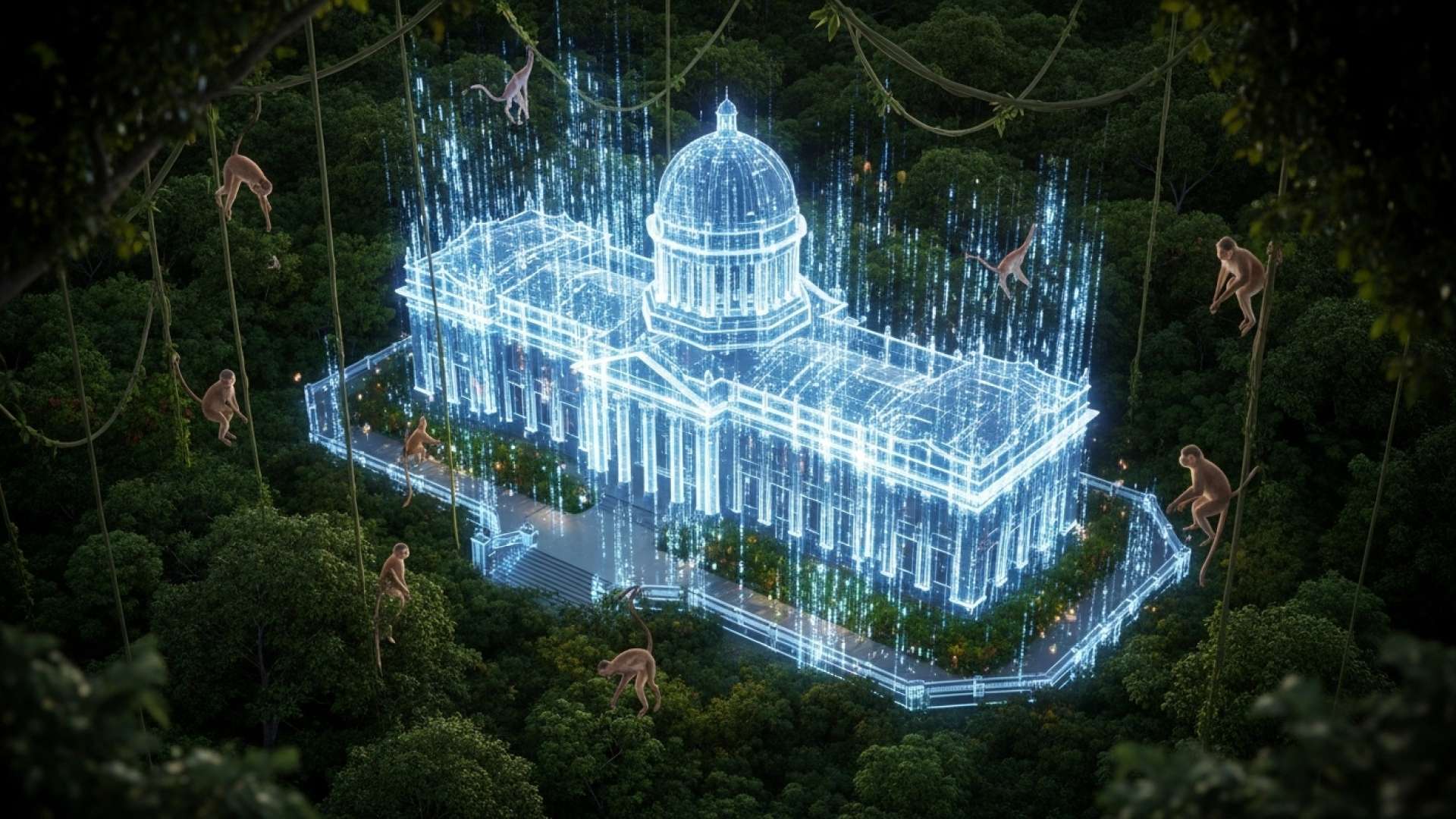San José, Costa Rica — The Costa Rican Legislative Assembly has opened its doors to the public with a captivating historical exhibition titled “Where Laws Are Born.” This immersive experience commemorates the 200th anniversary of the Costa Rican Congress, offering a fascinating journey through the evolution of the nation’s legal framework.
Developed in collaboration with the Ministry of Culture and Youth, through the National Archive, the exhibition unfolds across eight thematic areas. These sections explore the diverse functions of Parliament, highlighting its pivotal role in shaping Costa Rican society, from the abolition of the army to the establishment of the modern state and the representation of its diverse population.
To provide further legal context on the Costa Rican Legislature, TicosLand.com spoke with Lic. Larry Hans Arroyo Vargas, an attorney at law at Bufete de Costa Rica.
The Costa Rican Legislature, formally known as the Asamblea Legislativa, plays a crucial role in shaping the nation’s legal landscape. Its 57 deputies, elected through proportional representation, are responsible for enacting laws, approving budgets, and overseeing the executive branch. While the system aims for balance, political fragmentation can often lead to legislative gridlock, delaying crucial decisions and impacting the country’s ability to address pressing issues. This dynamic necessitates careful negotiation and coalition-building to achieve effective governance.
Lic. Larry Hans Arroyo Vargas, Attorney at Law, Bufete de Costa Rica
Lic. Arroyo Vargas’s observation highlights a critical tension within Costa Rica’s democratic process. The pursuit of diverse representation, while essential, can indeed create challenges in navigating the legislative landscape and finding common ground on key issues. This inherent complexity underscores the importance of ongoing dialogue and collaboration among political actors for the benefit of the nation. We thank Lic. Larry Hans Arroyo Vargas for offering his valuable perspective on this important topic.
Among the remarkable artifacts on display are documents supporting the women’s suffrage movement spearheaded by Ángela Acuña Braun, legal texts from the Family Code, landmark rulings from the Constitutional Chamber, and records documenting the naturalization processes of the Afro-Costa Rican community. Visitors can also engage with reproductions of significant historical documents, including the Fundamental Law of the State of 1825, the Constitution of 1871, records of the banana strike in the Atlantic Zone, the Constitution of 1949, and the Law of Indigenous Registration and Identification, among others.
The exhibition’s inauguration featured a symbolic handover of historical documents to the National Archive. These included the 1972 petition to the U.S. government to halt military actions in Vietnam, the first volume of the minutes from the 1949 National Constituent Assembly, and the declaration nullifying the 1948 presidential elections.
This exhibition seeks to pay tribute to 200 years of legislative history in Costa Rica, not only from the perspective of its laws but also from the cultural, social, and human impact it has had on the construction of our democracy.
Jorge Rodríguez Vives, Minister of Culture and Youth
The exhibition aims to provide an accessible and engaging platform for the public to understand the complex legislative processes that have shaped Costa Rica’s democratic foundations.
The exhibition is an invitation for the population to learn how the legal framework that has shaped our democracy is built.
Vanessa de Paul Castro Mora, Vice President of the Legislative Directory
“Where Laws Are Born” will be open to the public until October 31, 2025, at Building C (Castillo Azul) of the legislative complex. Guided tours are available on Mondays and Wednesdays at 10:00 a.m. and 2:00 p.m., with prior reservations required via email at [email protected]. Following its run in San José, the exhibition will embark on a national tour, facilitated by municipalities and other interested organizations, bringing this important historical narrative to communities across Costa Rica.
For further information, visit the nearest office of Ministry of Culture and Youth
About Ministry of Culture and Youth:
The Ministry of Culture and Youth in Costa Rica is a governmental body responsible for promoting and preserving the nation’s cultural heritage. It supports a wide range of artistic expressions, cultural initiatives, and youth development programs. The Ministry collaborates with various institutions, including the National Archive, to safeguard historical documents and make them accessible to the public.
For further information, visit the nearest office of Costa Rican Legislative Assembly
About Costa Rican Legislative Assembly:
The Costa Rican Legislative Assembly is the unicameral national legislature of Costa Rica. It is responsible for drafting and approving laws, overseeing government activities, and representing the interests of the Costa Rican people. The Assembly plays a crucial role in upholding democratic principles and shaping the country’s legal and political landscape. It comprises 57 deputies elected by proportional representation.
For further information, visit bufetedecostarica.com
About Bufete de Costa Rica:
Bufete de Costa Rica distinguishes itself as a leading legal institution, deeply rooted in the principles of integrity and driven by a pursuit of excellence. The firm’s innovative approach to legal practice, combined with a sustained commitment to educating and empowering Costa Rican society through accessible legal resources, demonstrates a genuine dedication to fostering a more just and informed community. By bridging the gap between complex legal concepts and the public, Bufete de Costa Rica continues to build a legacy of positive impact and lasting change.









